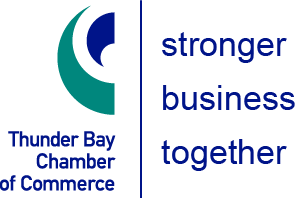“Employee engagement” has become a buzzword in today’s workplaces, but what does it really mean, and why is it so important? You’ve probably heard of or are engaging in focused talent retention – but have you tried the “stay interview?”
The opposite of an exit interview, a stay interview is a semi-formal conversation with your top talent about why they stay with your company. Some companies may already have something similar in place as part of their annual review process.
It’s a fairly straightforward approach, wherein managers seek to understand more about each individual’s goals, how they’re feeling in their current position, and what the company can do to help them grow professionally over the next year. Here’s how to effectively conduct stay interviews with your top talent.
It’s Not a Formal Conversation
The interview is less structured than a hiring interview, and more of a conversation. However, these conversations may be ineffective if your team doesn’t have a sense of security in talking freely. If there’s an unspoken fear of retaliation or nervousness about speaking up, you won’t get the open feedback you need.
This culture also requires your managers to be vulnerable and open to constructive criticism. Often, stay interviews will yield a mix of things you’re doing right and areas where the workplace needs improvement. Remember when doing this that it’s a dialogue – not simply asking your employees for a list of things to improve.
What Should I Ask in a Stay Interview?
Focus on the employee’s work every day and how valued they feel their contributions are. You can ask how they feel about the organization in general but steer clear of asking for status updates about current projects. You’re looking for a general sense of their satisfaction. A few questions to get the conversation started can include:
1.How do you feel about the impact of your work?
2.What would you like to do more of in your role? And less of?
3.Do you see a future for yourself here? What does it look like?
4.What makes you happy to come to work?
5.What would prompt you to quit?6.If you were the department head, what would you do differently?
Finding out what would make an employee leave the company will shed light on what you need to do to make them stay. As a manager, it’s your job to bring your stay interview feed back to those above you, especially if you aren’t in a position to make significant changes to a salary package or working conditions.
Don’t be surprised if employees initiate stay interviews with you. Unless they’re living under a rock, many workers know that they’re in high demand and have a lot more power than they’ve had in along time. Be aware and receptive if you sense someone is initiating a stay conversation.
Acting On Stay Interview Feedback
End a stay interview on a strong note, thanking your employee for their time and summarizing what they’ve said in your own words. Ask if you’re correct in your understanding and tell them what your next steps will be with the information. A stay interview is a great way to make your employees feel valued and heard. As a business owner, appreciating the work contributions of your top talent (managers included) goes a long way towards retaining them.

















